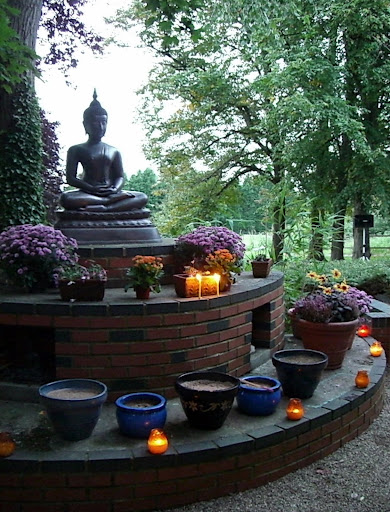U.S. president, Barack Obama has said he will not meet the Dalai Lama, who is currently in the U.S., until after visiting China in November. This will mark the first time since 1991 that the Dalai Lama has come to Washington and not met with the U.S. president.
That leads one former Federal Reserve official to suspect that Chinese fiscal leverage over the American government is at the root of the decision. “Bottom line,” says the official, “don’t piss off your banker.”

This follows a similar
cop-out by Gordon Brown, in May last year, when he refused to meet his Holiness at number 10, his official residence as British Prime Minister, instead moving the meeting to Lambeth Palace, home of the Archbishop of Canterbury!
This goes beyond kowtowing to the Chinese regime and could be interpreted by them as an indication that they have carte blanche to clamp down on dissent in Tibet, which it invaded in 1950. I know why the Dalai Lama got his Noble Peace Prize, like a lot of people I'm wondering what Barack's is for?





